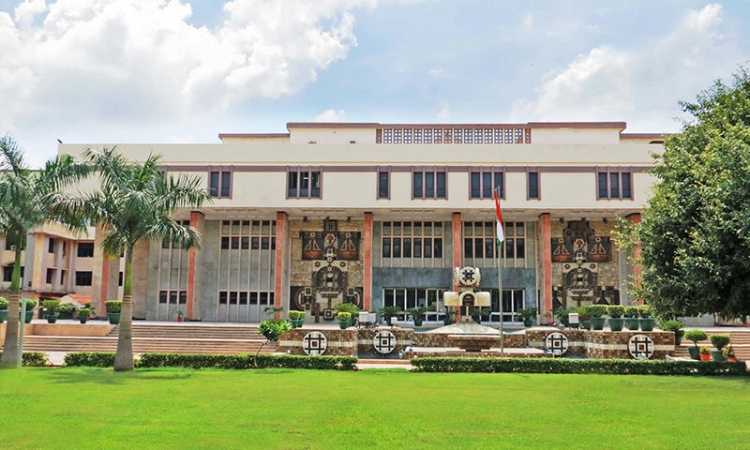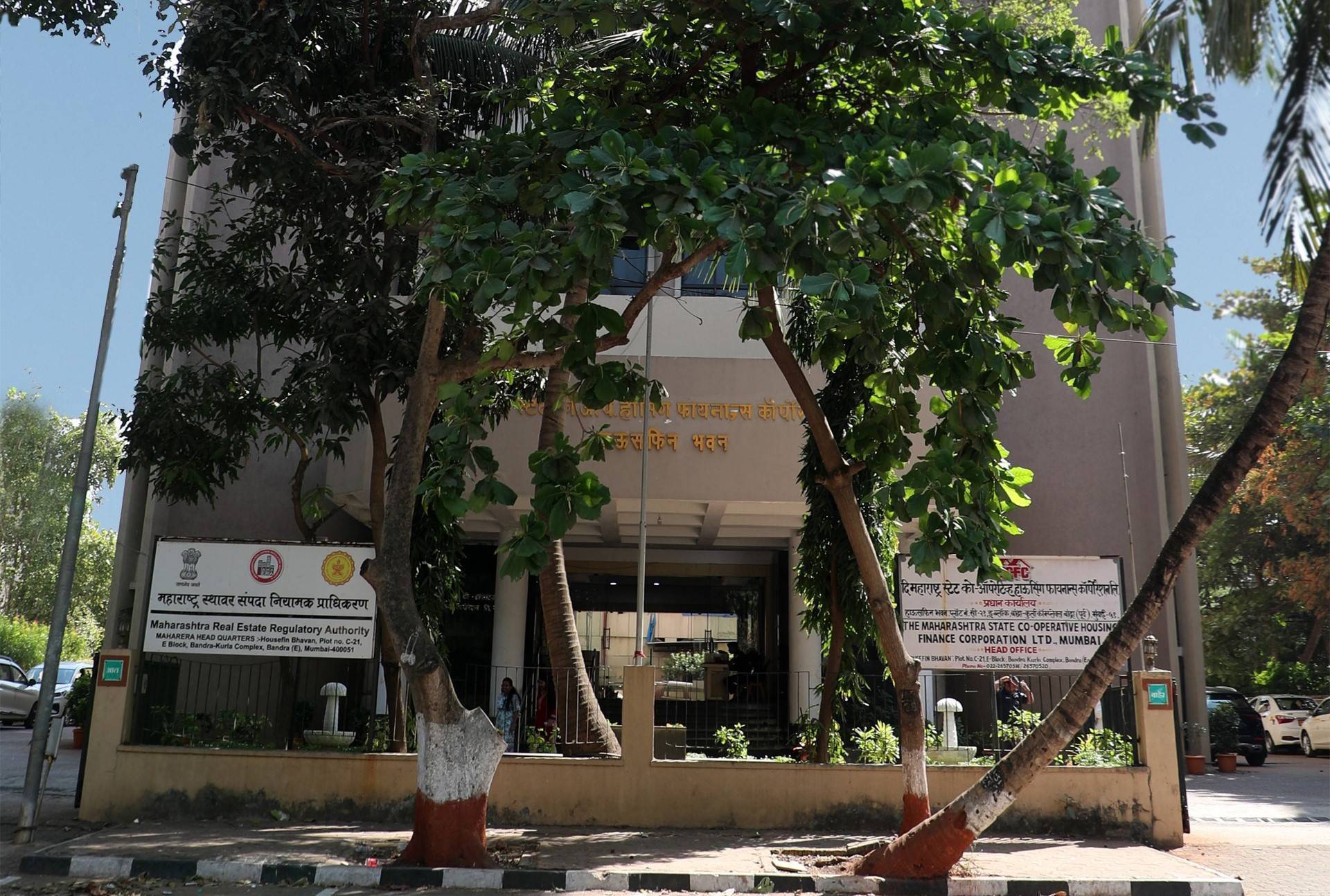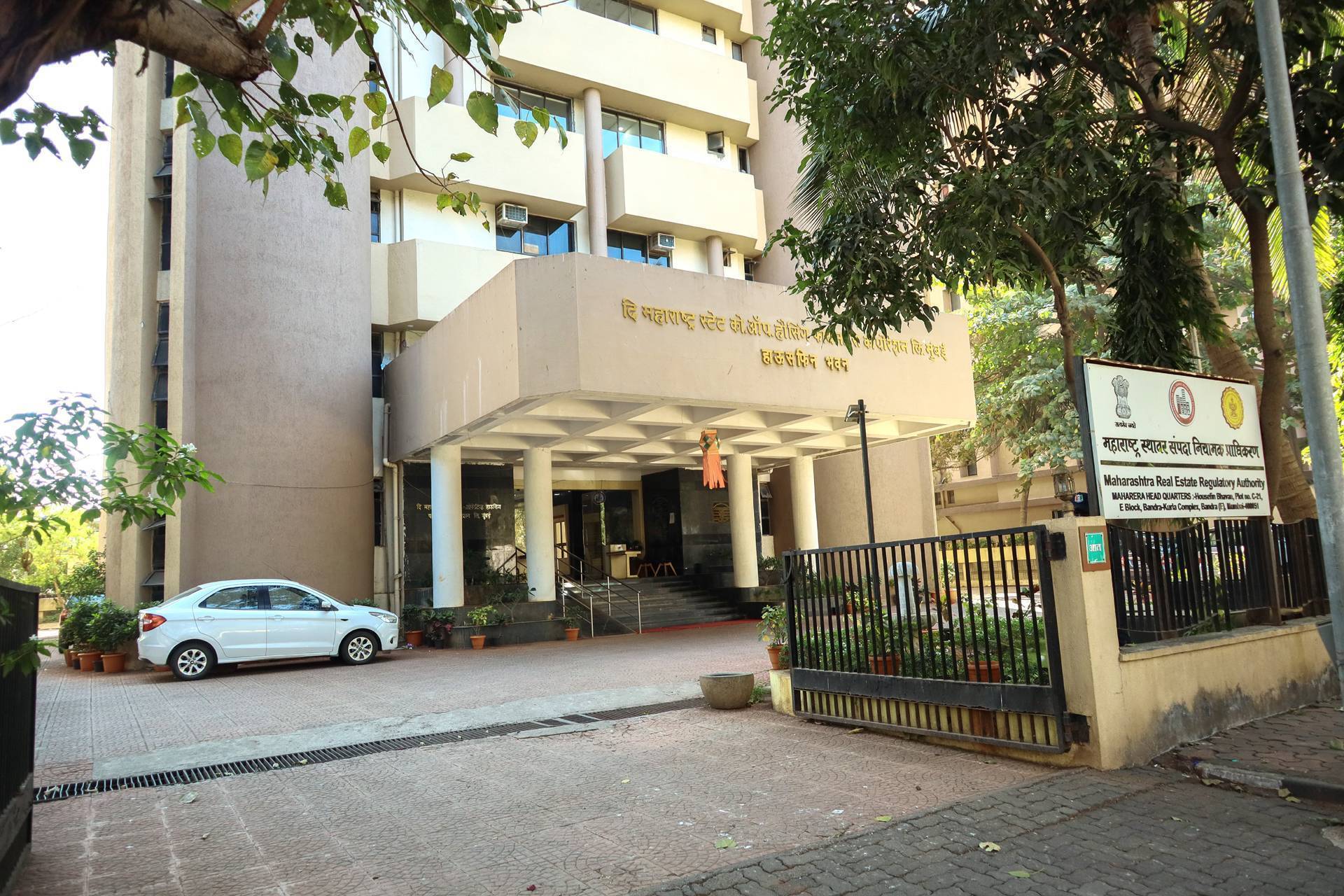The Lucknow Municipal Corporation (LMC) conducted a targeted enforcement drive on Saturday, sealing five key Public Works Department (PWD) buildings in Malviya Nagar ward for non-payment of property tax. The combined outstanding dues of these government-owned properties amounted to Rs 1.70 crore, prompting LMC authorities to take immediate action.
Officials from LMC Zone-2 oversaw the sealing operation, which focused on major defaulters in the area. Among the buildings affected were warehouses, central stores, and a central godown, all of which had accumulated long-standing tax liabilities. The action was intended not only to recover the outstanding dues but also to reinforce the importance of timely property tax payments, which constitute a significant source of municipal revenue.
LMC zonal officer Shilpa Kumari stated that the sealing served as a stern warning to defaulters, urging them to clear their dues promptly to avoid further action. “This initiative is crucial for maintaining the financial stability of the LMC and ensuring the delivery of efficient public services,” she said.
The enforcement drive reflects the corporation’s broader efforts to enhance compliance and accountability among property owners, including government departments. Non-payment of municipal taxes has historically impacted the LMC’s ability to maintain infrastructure, provide essential services, and implement development projects across the city. By targeting even departmental defaulters, the corporation aims to set a precedent and reinforce the principle that statutory obligations apply to all property holders.
The decision to seal the buildings highlights the challenges municipal authorities face in recovering dues from institutional owners. While private property defaulters often respond to notices and reminders, government-owned properties can sometimes accumulate significant arrears due to procedural delays or administrative oversight. The LMC’s intervention signals a stricter approach to ensure that municipal resources are not compromised.
This action is also part of a wider trend in Indian cities, where municipal bodies are increasingly using enforcement measures to improve tax compliance. Such steps are crucial in strengthening civic administration and expanding the financial capacity of urban local bodies, which are responsible for critical services including water supply, sanitation, roads, and street lighting.
Experts note that consistent recovery of property taxes directly supports urban governance by funding essential services and infrastructure projects. In cities like Lucknow, which are witnessing rapid urban expansion and increased public infrastructure needs, efficient collection mechanisms are critical for sustaining growth and ensuring equitable service delivery.
With property taxes forming a significant portion of LMC’s revenue, these enforcement actions are likely to strengthen municipal finances and enable better management of urban resources. Authorities have indicated that further measures may be taken against defaulters who fail to regularise their dues, reinforcing the message that timely compliance is non-negotiable.
Image source- facebook.com









.png)